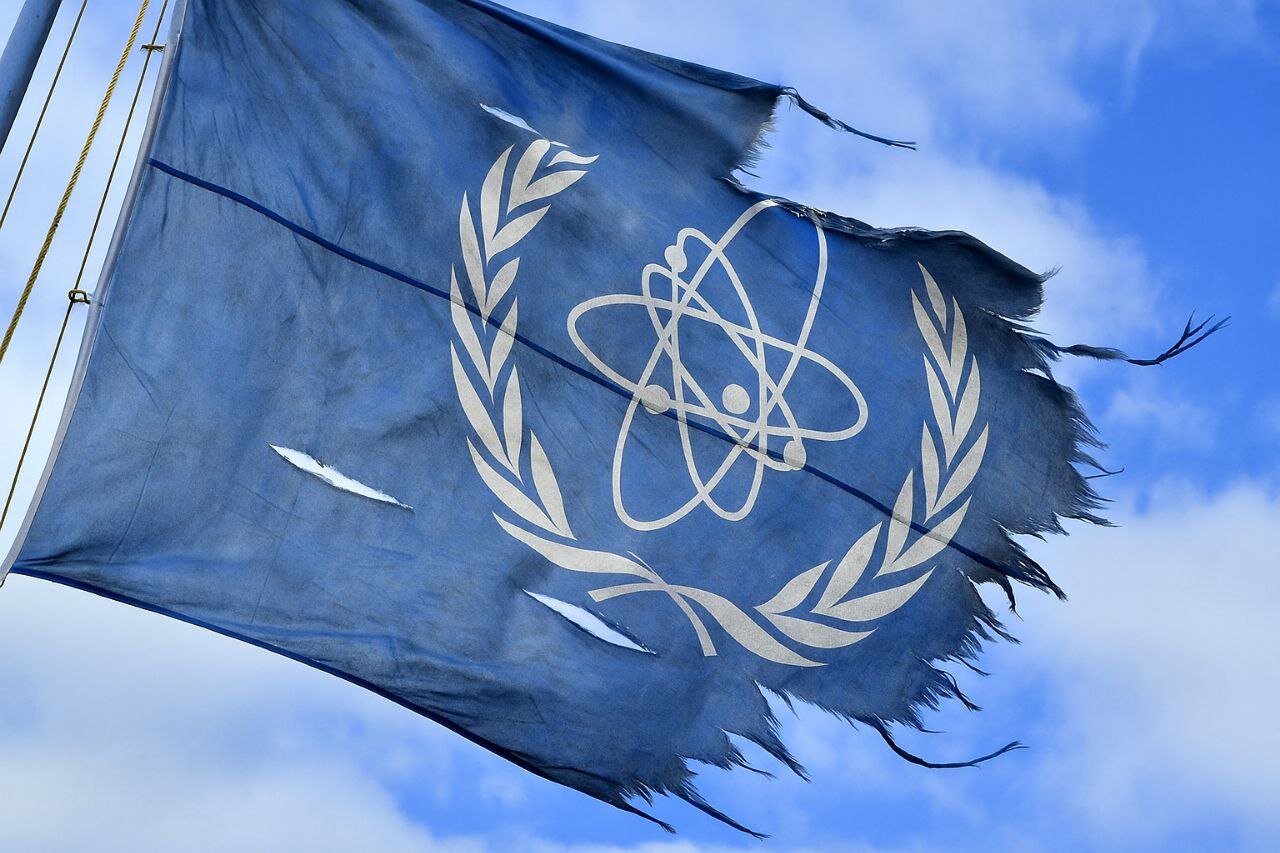Will European TNT demolish NPT?
Reports suggest E3 is poised to trigger ‘snapback’ despite attacks on Iranian nuclear sites

TEHRAN – Everything in regards to Iran’s nuclear program has taken a turn for the worse over the past month and a half. However, given the West's characteristic arrogance and unhelpful stance in world affairs, particularly West Asia, the worst may still have yet to come.
A pivotal moment came on May 31, when the director general of the International Atomic Energy Agency (IAEA) issued a report reviving decades-old – and previously refuted – allegations to accuse Iran of failing to meet its nuclear commitments. That provided pretext for Israel and the United States to launch attacks on Iran's nuclear, military, and civilian infrastructure on June 13. After a 12-day war resulting in over 1,000 Iranian deaths, Iran officially suspended cooperation with the IAEA, a supposedly technical and neutral organization that even failed to condemn the unwarranted and unprecedented aggression directed against Iran.
The attacks also cemented a deep-seated distrust of Western diplomacy among Iranians. The United States betrayed Iran by enabling Israeli strikes and then joining the war itself while Iranians were preparing for a sixth round of nuclear talks in Oman, despite Washington's reported assurances that no war would break out as long as diplomatic efforts were underway. The hypocrisy was compounded by European states – Britain, France, and Germany – signatories to the nuclear deal the U.S. unilaterally abandoned in 2018, who not only failed to condemn the attacks but brazenly endorsed the aggression. German Chancellor Friedrich Merz even described the destruction and death Israel wrought in Iran as the West's "dirty work" being carried out by proxy.
Against this backdrop, and at the urging of the U.S., the E3 are poised to deliver one last blow to diplomacy with reports indicating they are preparing to trigger the so-called “snapback” mechanism.
What is snapback and does Europe have the legal right to use it?
The Joint Comprehensive Plan of Action (JCPOA), the 2015 Iran nuclear deal, contains a “snapback” mechanism, which permits any signatory to reimpose prior UN sanctions on Iran should they conclude that the country is not adhering to the terms of the agreement.
After withdrawing from the JCPOA in 2018 and subsequently reimposing and intensifying sanctions, Washington lost its legal standing to trigger the JCPOA's snapback provision. Among the remaining non-Iranian signatories – Germany, Britain, France, China, and Russia— only the European parties have shown willingness to use the mechanism against Iran. But there are serious doubts and concerns over whether Berlin, Paris, and London should still be able to do so.
The JCPOA is structured on the principle of reciprocity, providing both Iran and the other signatories with tools to exert pressure. Prior to the attacks, Iran had reduced its compliance with some of its commitments due to the West's failure to uphold its own obligations: Iran signed the JCPOA to secure sanctions relief, but those sanctions were reimposed following the U.S. withdrawal. European states failed to mitigate the impact of these sanctions and even later implemented their own embargoes. Iran's reduced compliance was permissible under Paragraph 26 of the deal, which allowed it to partially suspend its obligations when other parties were not meeting theirs.
But more importantly, the debate about Iran's compliance with nuclear commitments and the activation of snapback is now irrelevant. The U.S.-Israeli attacks on Iran's nuclear facilities have destroyed the very sites that UN resolutions aimed to regulate. These resolutions are now pointless, given the fact that U.S. President Donald Trump says Iran’s nuclear sites have been “obliterated”, and Iran confirms its facilities were “severely damaged”.
Even if the world decides to play dumb and agree that the "snapback" mechanism could still be applied to the now inactive Iranian nuclear sites, the European troika would again lack the right to invoke it. The JCPOA mandates good-faith efforts towards peaceful dispute resolution. By supporting illegal military actions that damaged Iran's nuclear infrastructure, the E3 have failed to meet this requirement and thus forfeited their right to trigger the deal's enforcement measures.
The day after snapback is triggered
While Iran hasn't rolled out its exact measures to a potential reinstatement of UN sanctions by European powers, Iranian Foreign Minister Abbas Araghchi has stated that such a move would effectively end Germany, Britain, and France's involvement in Iran's nuclear issue.
Experts, meanwhile, have speculated on a range of potential scenarios. A near-universal consensus exists that activating the "snapback" mechanism would further undermine diplomacy. Many analysts believe Iran could withdraw from the Non-Proliferation Treaty (NPT), fulfilling past threats by Iranian officials. The NPT prevents additional states from acquiring nuclear weapons. Few believe that snapback would promote peace and stability in the region.
Leave a Comment